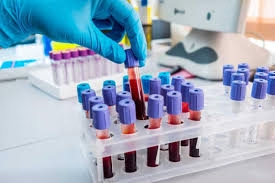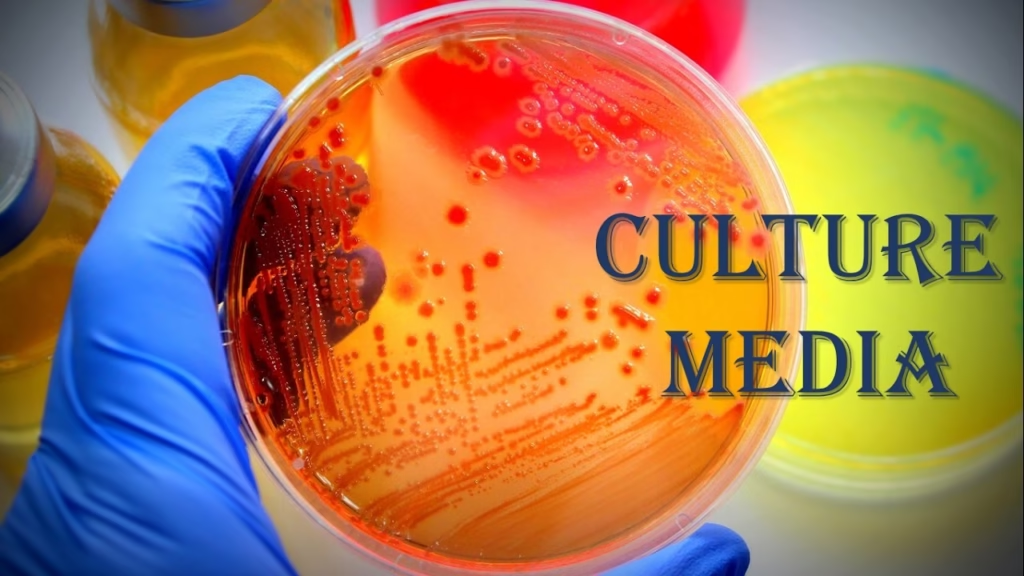
Introduction The reliability of any biochemical test depends heavily on proper collection and accurate recording of biological specimens such as blood, urine, CSF, and other body fluids. Each specimen must Read More ……..
Simplifying Allied Health Learning.

Introduction The reliability of any biochemical test depends heavily on proper collection and accurate recording of biological specimens such as blood, urine, CSF, and other body fluids. Each specimen must Read More ……..

Introduction Culture media are essential for supporting the growth of microorganisms in various laboratory applications. Understanding the roles of each component, from nutrient sources to solidifying agents, is crucial for Read More ……..

Physiological Variations A Comprehensive Guide for Students, Clinicians, and Laboratory Professionals Physiological Variations in Haematological Parameters are essential indicators of health, disease, and physiological status. They include measurements related to Read More ……..

Introduction Microbiology labs handle bacteria, viruses, fungi, parasites, and recombinant microbes. These organisms may cause diseases, spread infection, or contaminate samples. Good laboratory practices help prevent: Accidental exposure Spread of Read More ……..

Introduction Histopathology involves processing biological tissues using various chemical, mechanical, and heat-based procedures. Lab personnel are exposed to: Infectious agents Toxic and carcinogenic chemicals Sharp instruments and microtomy hazards Electrical Read More ……..